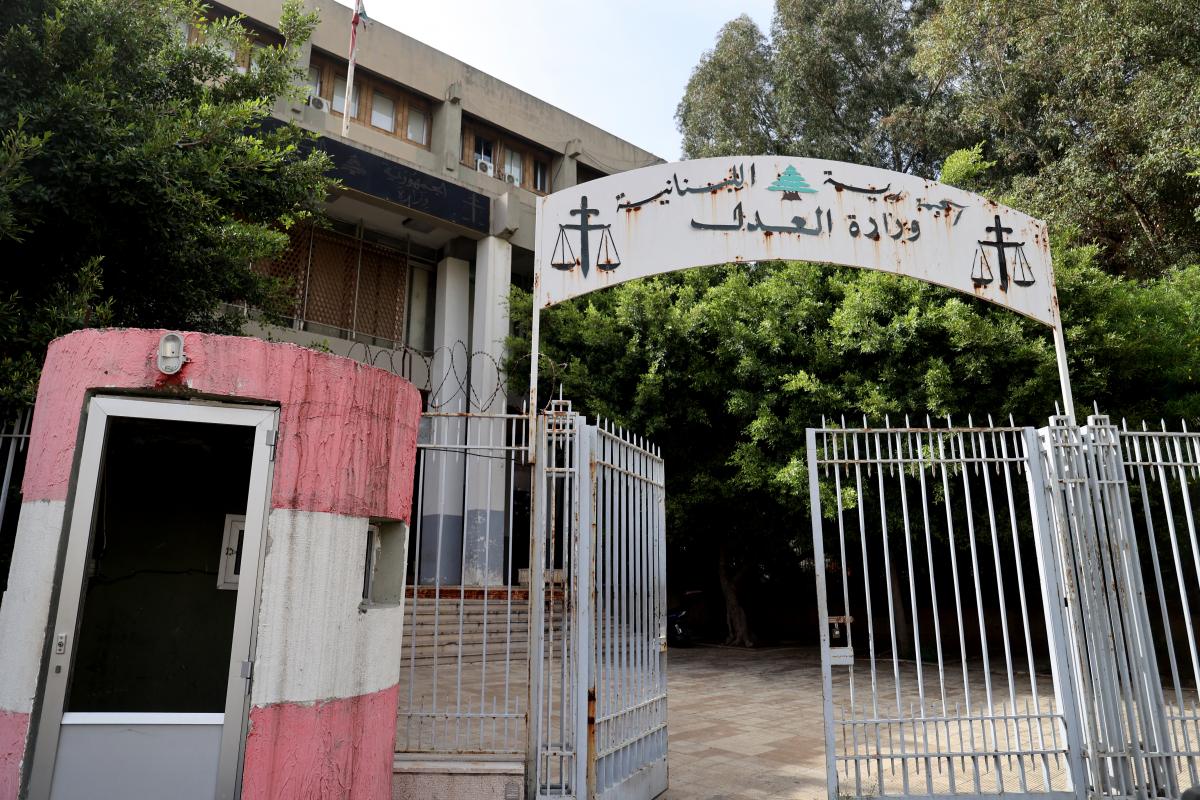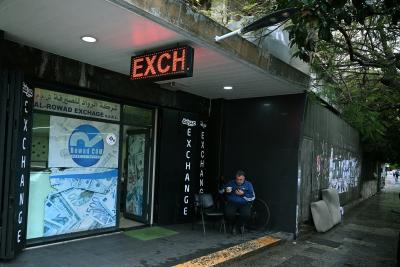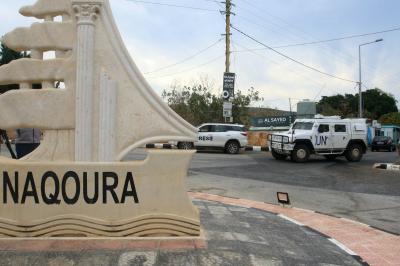Like law, a profession meant to uphold justice and protect rights, philosophy was once practiced by those with wisdom and knowledge. Historically, legal practice was not profit-driven—not just because "money corrupts intentions and fuels illusions," as the saying goes, but also to ensure access to justice for those unable to afford legal fees. The fewer financial burdens lawyers bear, the more freely they can take on cases based on merit rather than wealth.
Contrary to these principles, the Beirut Bar Association has introduced a new fee structure effective January 1, 2025, with steep increases: $1,500 for trainee registration, $15,000 for full membership, and even $10 per document copy. An additional $400 contribution for the construction of a private club was also included. Candidates who passed both the oral and written exams will be required to pay fees set in April 2024 until the end of January 2025.
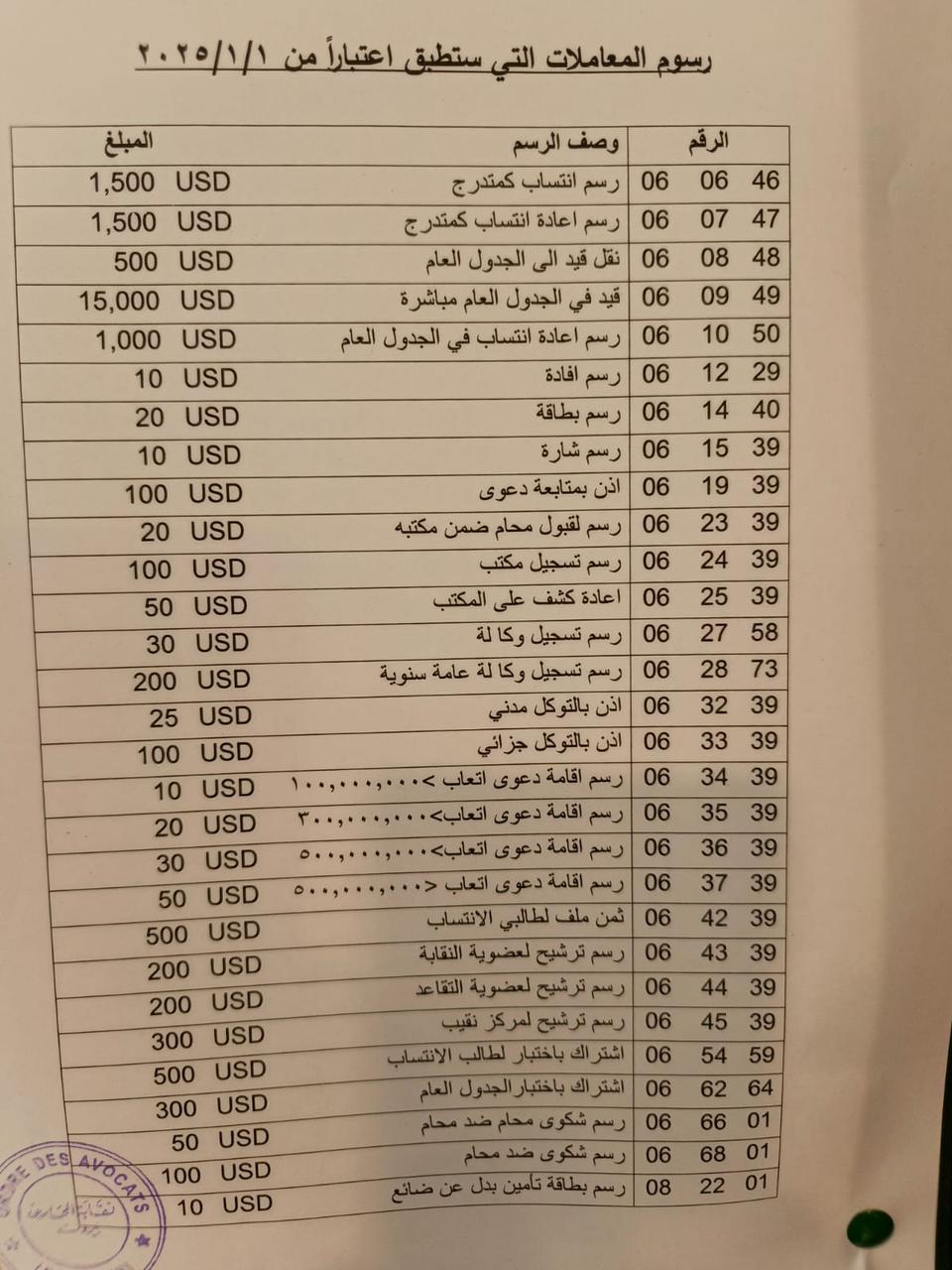
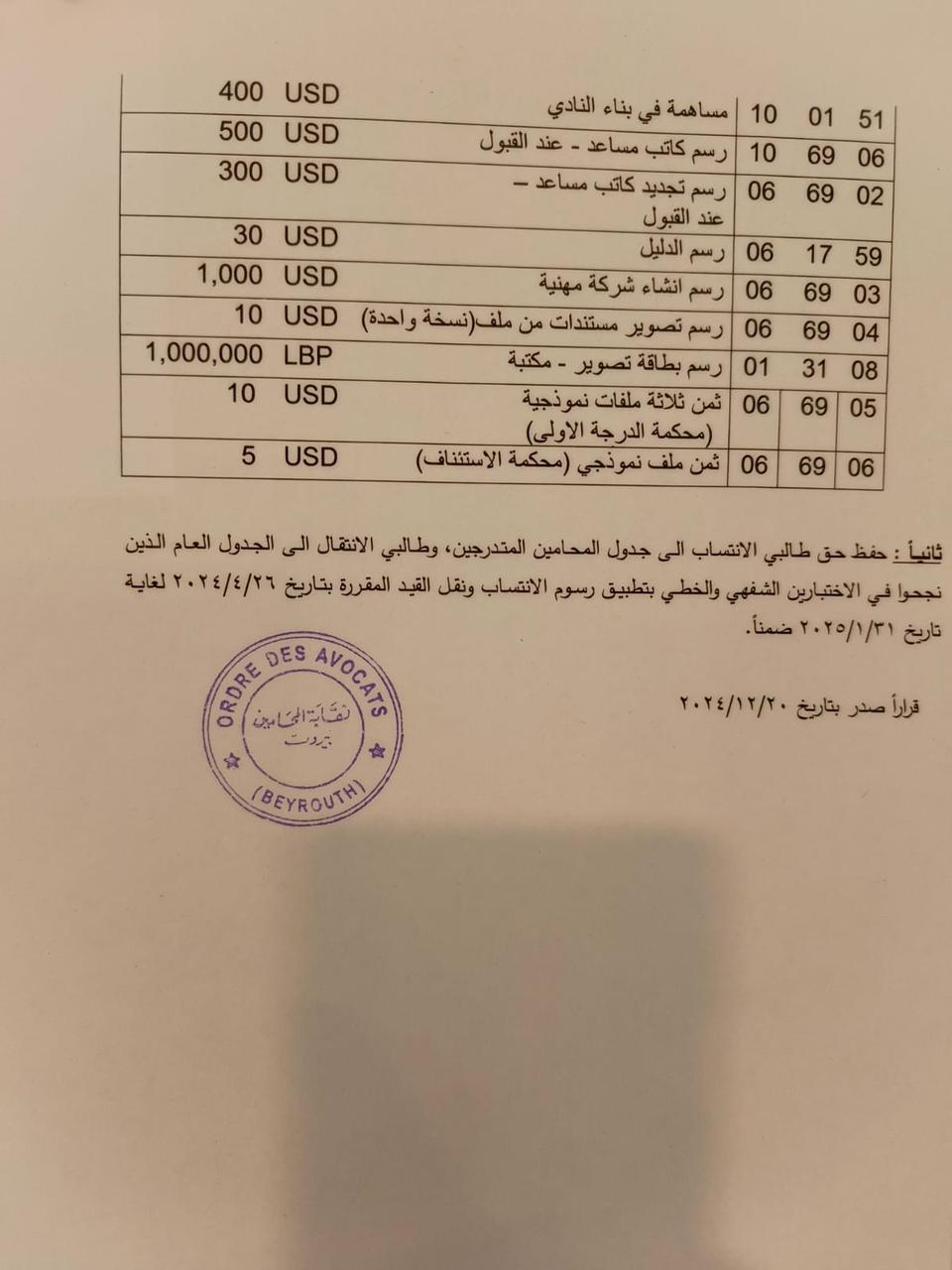
A Profession for the Privileged Few
While framed as an effort to boost the Bar’s fund for social and medical benefits, this decision effectively restricts the profession to the wealthy. Law graduates must pass an exam, register under an attorney, complete a three-year unpaid internship, and then pass another exam to join the Bar—amounting to around $5,000 in fees. To practice at the appellate level, they must pay an additional $17,000 in office registration and other costs.
Threats to Access to Justice
Observers ask, “Which law student, especially from Lebanon’s public university, can afford these fees? And after paying them, will they accept cases with minimal fees?” Beyond limiting access to the profession, these financial constraints contradict the principle of free access to justice, forcing people to either forgo legal representation or take matters into their own hands—risking lawlessness.
The financial burden also impacts businesses, which must hire legal counsel. Increased legal costs will be passed on to consumers, reducing competitiveness and raising prices.
Judicial Costs on the Rise
Meanwhile, rising court fees do not translate into improved social benefits. Lawyers received no financial support during the country’s crises and were not compensated for their losses. Previously free services now carry new charges, such as $10 for a visa application certificate or $10 for formal requests to the Bar Association.
A System That Traps Both Lawyers and Clients
Lawyers also suspect an implicit agreement between the Bar Association and the Judicial Solidarity Fund, forcing them to pay additional fees for parking access at the courthouse or online case filings—services that should be public.
Expecting that dollarization will ease these burdens does not prevent the law from becoming an exclusive field for the elite. If the hidden goal is to reduce the number of new lawyers, authorities—including the Bar Association, the Ministry of Education, and Lebanon’s public university—must collaborate to regulate law school admissions and prevent an oversaturated job market with rising unemployment.
Please post your comments on:
[email protected]
 Politics
Politics





